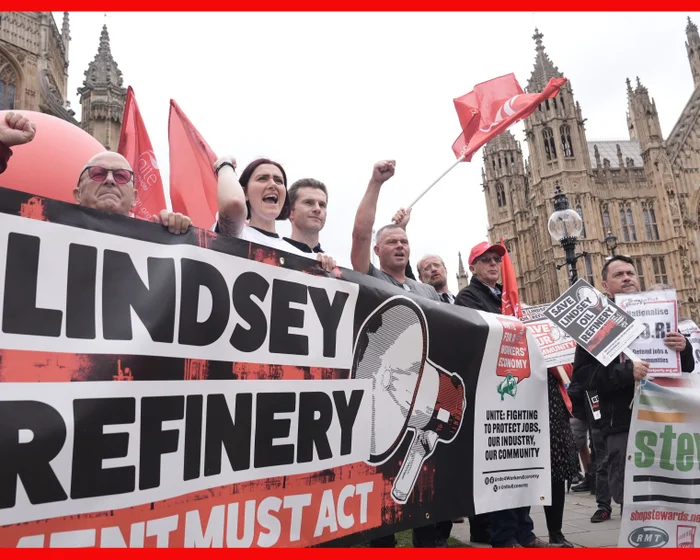trending
neon
Cirque du Soleil offers summer ticket deals
dining out
Celebs ditch the Strip for iconic Henderson restaurant
july 
trending
neon
Cirque du Soleil offers summer ticket deals
dining out
Celebs ditch the Strip for iconic Henderson restaurant
july 

Government spending plays a crucial role in shaping the investment market by influencing economic growth, stock prices, bond yields, and investor confidence




Government spending plays a critical role in shaping the U.S. investment market. As the federal government allocates funds to various sectors, the effects ripple through financial markets, influencing stock prices, bond yields, and investor confidence. Whether through infrastructure projects, defense contracts, healthcare funding, or economic stimulus programs, government expenditure directly impacts corporate earnings, job creation, and overall market performance.
Government spending is a key driver of economic activity. When the government increases its expenditure, it injects capital into the economy, stimulating demand for goods and services. This, in turn, benefits businesses that supply these goods and services, leading to increased revenues and higher stock valuations. Key areas where government spending influences the investment market include:
Infrastructure Investments: Government-funded infrastructure projects, such as roads, bridges, and broadband expansion, provide significant opportunities for companies in construction, engineering, and materials industries.
Defense and Security: Large contracts awarded to defense companies lead to increased revenues and stock price appreciation in firms involved in aerospace, cybersecurity, and defense manufacturing.
Healthcare and Pharmaceuticals: Government healthcare spending, such as Medicare and Medicaid funding, supports pharmaceutical and healthcare service providers, driving sector-wide stock performance.
Technology and Innovation: Investments in technology, including artificial intelligence and renewable energy, can create new market opportunities and attract private-sector investments.
In times of economic downturn, the government often implements stimulus measures to boost economic activity. Stimulus packages, such as direct payments to citizens, extended unemployment benefits, and corporate tax incentives, can increase consumer spending and business investment. The stock market typically reacts positively to such measures, as higher disposable income and corporate liquidity drive earnings growth and investor confidence.
However, excessive government spending can also lead to inflationary pressures, prompting the Federal Reserve to adjust monetary policy, including interest rate hikes. Higher interest rates can increase borrowing costs for businesses and consumers, potentially slowing down market growth. Investors must balance the short-term benefits of government spending with potential long-term inflationary risks.
As government spending increases, so does the national debt. To finance spending, the government issues Treasury bonds, which serve as a benchmark for interest rates in financial markets. When government debt levels rise, investors demand higher yields on bonds, affecting fixed-income markets. A higher yield environment can make bonds more attractive relative to equities, influencing portfolio allocation decisions.
Conversely, if the government manages spending efficiently without excessive borrowing, markets may view the fiscal strategy as sustainable, maintaining stability in interest rates and investment performance.
Different sectors react uniquely to government spending patterns. For example:
Cyclical sectors (e.g., industrials, energy, and financials) benefit from increased infrastructure and defense spending.
Growth sectors (e.g., technology and healthcare) receive support from research grants, innovation funding, and healthcare subsidies.
Consumer sectors (e.g., retail and travel) may see indirect benefits from stimulus checks and increased employment levels
Government spending plays a crucial role in shaping the investment market by influencing economic growth, stock prices, bond yields, and investor confidence
the latest

Job Cuts at Lincolnshire Refinery, UK Growth Revised Upward
Around 125 jobs will be lost at the Lincolnshire (Lindsey) oil refinery after its parent company entered insolvency, even as revised GDP data shows the UK economy grew faster under Labour than previously estimated

Reeves Proposes Youth Mobility Deal for UK and EU Under-30s
UK Chancellor Rachel Reeves has proposed a new youth mobility scheme that would allow young Europeans aged ~18-30 to live and work in the UK under a post-Brexit arrangement, while emphasising limits on duration and net migration.

Biden Approves Ukraine Use of Long-Range Missiles Into Russia
President Biden has authorized Ukraine to use long-range missiles to target locations inside Russia, marking a significant escalation in the ongoing conflict.

Labour Byelection Win Marks SNP Decline, Says Anas Sarwar
Scottish Labour leader Anas Sarwar said the party’s byelection victory shows the SNP’s dominance is fading, signaling a major shift in Scottish politics.

UAE Employees: Are Salaries Deductible During Annual Leave?
A common question in the UAE workplace is whether employers can deduct salaries while employees are on annual leave. Experts explain labor law provisions and best practices.

Sharjah Self-Defense Club Claims No-Gi Title at UAE Jiu-Jitsu
Sharjah Self-Defense Club emerged victorious in the No-Gi category at the UAE Jiu-Jitsu Championship, showcasing skill, discipline, and teamwork.

UAE Schools Announce One-Month Winter Break
UAE schools will have a one-month winter break from December 8, 2025, to January 4, 2026, giving students and staff an extended holiday period.

Sharjah Extradites Uzbek and Nepalese Nationals for Fraud
Sharjah authorities have extradited two foreign nationals—one Uzbek and one Nepalese—wanted under Interpol Red Notices to face fraud charges.

US Envoy Confident of Breakthrough on Gaza Crisis
A senior US envoy expressed optimism about achieving a breakthrough in Gaza peace talks, signaling renewed international efforts to end the humanitarian crisis.